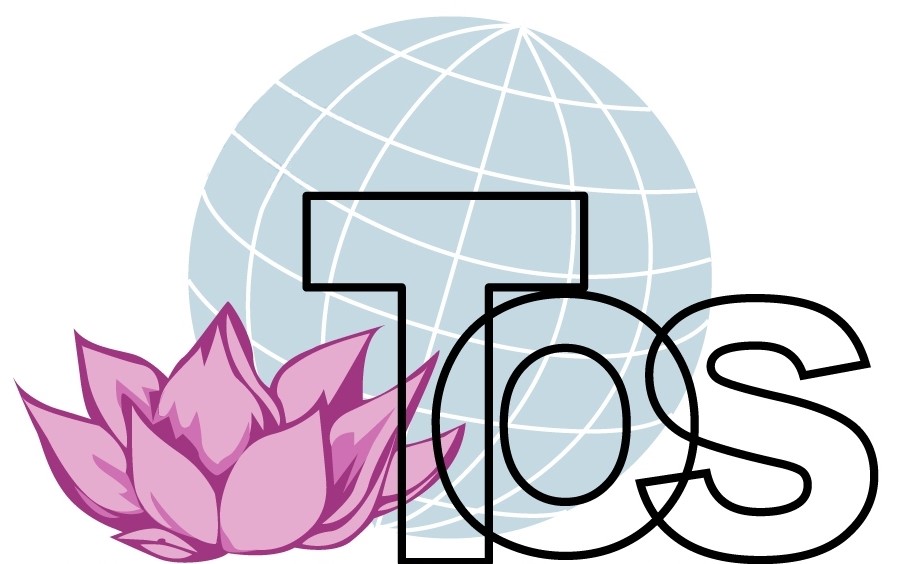Israel-Palestine: Necessary NGO Efforts
General Topics:
Israel-Palestine: Necessary NGO Efforts Prior to a US-sponsored Conference in November
by Rene Wadlow
US President George W. Bush has proposed holding a conference on the Israel-Palestine conflict in November 2007. In addition to the Israeli Government and the Palestinian Authority, there would be representative of the “International Quartet”: the USA, Russia, the European Union (usually represented by foreign policy specialists of the European Commission) and the United Nations (which in practice is represented by members of the UN secretariat).
It is also hoped that some or all the members of what is increasingly called the “Arab Quartet” would attend: Egypt, Saudi Arabia, Jordan, and the Arab Emirates. Former Prime Minister Tony Blair, who is now a representative of the International Quartet, would probably be present.
The Israeli-Palestine conference would be held against the backdrop of other interlocking Middle East issues: the Iraq conflict, the resurgence of Iran, Lebanon-Syria politics. However, although all these governments play a role in the Israel-Palestine conflict, Lebanon, Syria, Iraq and Iran probably will not be invited.
While personally, I believe, that the USA has “burned all its bridges” in the Middle East and can not play a useful role in the Israel-Palestine issue, there are still some people who believe that the USA can play a leading role as the international facilitator. What is true, I believe, is that there is no other State which can be the substitute leader in the short run. Therefore, we, as world citizens, have two months, September and October 2007, to try to influence US policy on the Middle East and to use what contacts we have to reach foreign policy specialists in Russia, the Arab Quartet, Israel, Palestine, Lebanon, Syria, Iraq and Iran.
Since the Israel-Palestine conflict has been with us for just 60 years, since the UN proposals for a two-State partition were being drawn up, there are many for whom “my eyes glaze over” when the topic of Israel-Palestine is brought up. Nevertheless, the geo-strategic aspects of the conflict remain important, and the suffering of people in the area is real.
I believe that there are three points which we should stress in our efforts. These three points will probably not be on the agenda if people outside the governments do not first raise them:
1) Hamas, which controls the Gaza strip needs to be invited and should be a full participant. The President of the Palestinian Authority, Mahmoud Abbas, the Israeli Government, the US Government, and to a lesser extent the European Union, would like to see life conditions in Gaza get worse so that the Hamas administration will fail. Even if disintegration does not happen in the next two months, the idea is to leave Hamas “out in the cold” and have only Mahmoud Abbas negotiate for all the Palestinians. Such a policy is short-sighted and will lead to failure.
2) The second point is to stress the need for a wider economic zone so that prosperity will help integrate the Palestinians into a wider context. Such a wider economic zone would include Israel, Palestine, Lebanon, Syria and Jordan. The return from Lebanon, Syria and Jordan of the Palestinian refugees to Israel is impossible for political reasons. The return of the bulk of the refugees to the West Bank and Gaza is impossible for economic and ecological reasons. Palestinians have been prevented from playing an active and positive political and economic role in Lebanon. This Lebanese policy should be modified if relative peace is established in the area. Only economic prosperity will build the foundation for greater cooperation.
3) The Israel-Palestine conflict needs to be placed in the wider Middle East context which currently lacks a security organization in which all States are members. There is a need to establish an Organization for Security and Cooperation in the Middle East on the lines of the Organization for Security and Cooperation in Europe which played an important role in ending the Cold War.
(Rene Wadlow is the Representative to the United Nations, Geneva, of the Association of World Citizens and the editor of www.transnational-perspectives.org)
